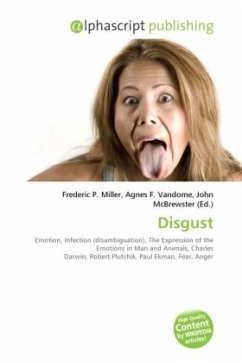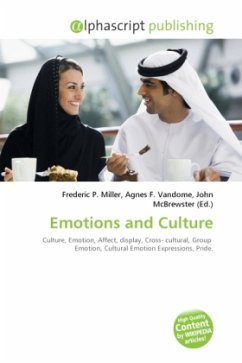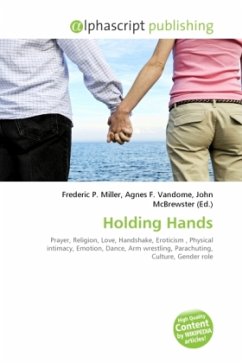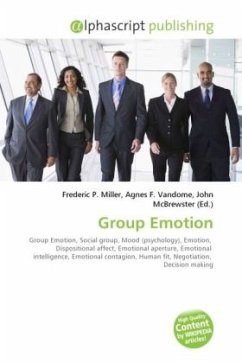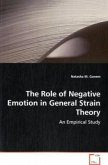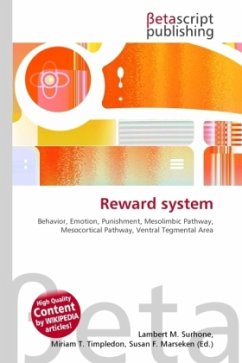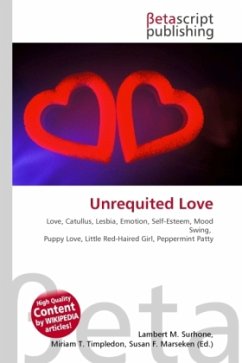Disgust is an emotion that is typically associated with things that are regarded as unclean, inedible, infectious, or otherwise offensive. For example, "I am disgusted by the stench and sight of that heap of rotting viscera." In The Expression of the Emotions in Man and Animals, Charles Darwin wrote that disgust refers to something revolting. Disgust is experienced primarily in relation to the sense of taste (either perceived or imagined), and secondarily to anything which causes a similar feeling by sense of smell, touch, or vision. Musically sensitive people may even be disgusted by the cacophony of inharmonious sounds. Disgust is one of the basic emotions of Robert Plutchik's theory of emotions. It invokes a characteristic facial expression, one of Paul Ekman's six universal facial expressions of emotion. Unlike the emotions of fear, anger, and sadness, disgust is associated with a decrease in heart rate. Disgust may be further subdivided into physical disgust, associated withphysical or metaphorical unclean liness, and moral disgust, a similar feeling related to courses of action. For example; "I am disgusted by the hurtful things that you are saying."

